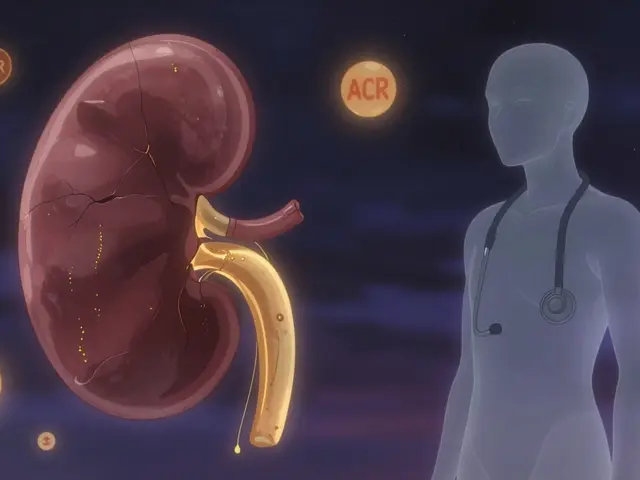Understanding Muscle Spasms and How to Deal with Them
Muscle spasms can hit anyone and often come out of nowhere—those sudden, tight cramps that grip your muscles and just won’t let go. They can be annoying or even painful, but knowing what triggers them and how to handle them makes a big difference. Whether it’s from overuse, dehydration, or something else, you’ll find practical advice here to help you feel better faster.
What Causes Muscle Spasms?
Several things can set off a muscle spasm. One common cause is muscle fatigue from exercising too hard or using a muscle in an unusual way. If your muscles get tired, they can twitch or cramp up. Another major factor is dehydration. When you don't drink enough water, your muscles miss key electrolytes, making them twitchy or stiff. Even stress can play a role, since it tightens muscles and messes with nerve signals.
Sometimes, muscle spasms come from poor posture or staying in one position for a long time—for example, sitting at your desk or sleeping awkwardly. Also, certain medications or underlying health conditions can bring on spasms, so it’s smart to check with a doctor if muscle cramps become frequent or severe.
Simple Ways to Ease and Prevent Spasms
When a muscle spasm strikes, try gently stretching the affected area. For example, if your calf cramps, flex your foot up toward your shin to stretch. Applying heat with a warm towel or bath can soothe tight muscles, while ice packs help reduce inflammation after activity.
Hydration is a game changer—aim to drink plenty of water throughout the day, especially during exercise or hot weather. Eating foods rich in potassium, calcium, and magnesium like bananas, spinach, and yogurt supports muscle function and may reduce spasms.
Don’t overlook rest either. Giving your muscles time to recover after heavy use prevents fatigue that leads to cramps. If you’re sitting or standing for hours, take breaks to move and stretch.
Lastly, pay attention to your body and avoid overdoing activities that trigger spasms. If muscle cramps keep coming back or interfere with your daily life, it’s worth checking in with a healthcare provider to find the root cause and get tailored treatment.
Understanding muscle spasms means you’re better equipped to stop them from ruining your day. Keep hydrated, stretch regularly, and listen to your body—and you’ll handle those annoying cramps like a pro.

How Muscle Spasms and Fibromyalgia Are Connected: Causes, Symptoms, and Relief
- Date: 12 May 2025
- Categories:
- Author: David Griffiths
Discover the real relationship between muscle spasms and fibromyalgia. This article explains why these painful muscle twitches happen, how they connect with fibromyalgia, and gives practical tips for relief. Get specific answers, interesting facts, and simple advice to help manage muscle spasms and improve daily life for anyone living with fibromyalgia. Learn what science says, what works for real people, and what to watch out for. No fluff, just real talk and useful info.



